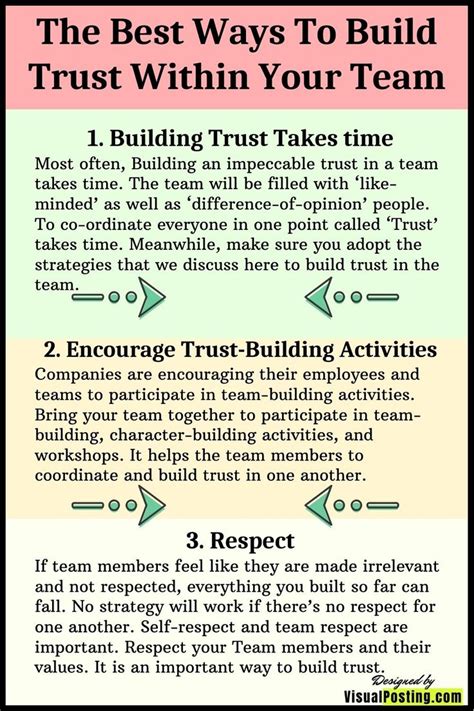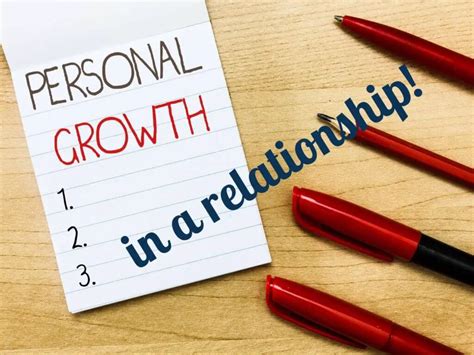In the intricate dance of relationships, clear communication is often the unsung hero. For men, societal expectations and traditional gender roles have historically made it challenging to articulate emotional needs and establish healthy boundaries. This can lead to misunderstandings, unmet expectations, and ultimately, strain on the relationship. However, learning to effectively express oneself is a powerful tool for building deeper connection, mutual respect, and lasting satisfaction.
The Silent Struggle: Why Men Often Hold Back
Many men are raised with messages that discourage vulnerability and the open expression of emotions. Phrases like ‘man up’ or ‘don’t be sensitive’ can instill a fear of appearing weak or needy. This cultural conditioning often leads to internalizing feelings, making it difficult to identify and vocalize personal needs and boundaries when they arise in a relationship context. The result is often a cycle of frustration where men feel unheard or misunderstood, while their partners may feel shut out or left to guess.
Furthermore, a lack of practice in emotional vocabulary can hinder effective communication. If you haven’t been taught how to label your feelings or express your desires respectfully, the thought of doing so in a significant relationship can feel daunting. This isn’t a failure, but rather an opportunity to develop crucial skills that will benefit all aspects of your life.

First Steps: Self-Awareness and Clarity
Before you can communicate your needs and boundaries to someone else, you must first understand them yourself. Take time for self-reflection. What truly makes you feel respected, loved, or comfortable? What situations make you feel uncomfortable, drained, or unheard?
Identifying your needs might involve recognizing desires for more quality time, emotional support, physical affection, or even personal space. Similarly, understanding your boundaries means pinpointing what you will and will not tolerate, such as unsolicited advice, disrespectful language, or invasions of privacy. The clearer you are on these points, the easier it will be to articulate them to your partner.

Crafting the Message: How to Communicate Effectively
Once you’ve identified what you want to communicate, consider the ‘how.’ The delivery of your message is just as important as its content.
Choose the Right Time and Place: Avoid discussing sensitive topics during arguments or when either of you is stressed, tired, or distracted. Find a calm moment when you both can give the conversation your full attention, free from interruptions.
Use ‘I’ Statements: Frame your communication around your own feelings and experiences rather than making accusations. Instead of saying, ‘You always interrupt me,’ try ‘I feel unheard when I’m speaking and get interrupted.’ This reduces defensiveness and invites understanding.
Be Clear, Direct, and Concise: Avoid beating around the bush. State your need or boundary plainly and simply. Long, convoluted explanations can obscure your point. For example, ‘I need some quiet time alone after work to decompress’ is clearer than ‘I just get really stressed out sometimes and need to, like, chill out, you know?’
Actively Listen and Be Open to Dialogue: Communication is a two-way street. After you’ve expressed yourself, give your partner space to respond. Listen to their perspective without interrupting or formulating your rebuttal. They may have needs and boundaries of their own to share, and finding common ground is key.

Setting Healthy Boundaries: A Foundation for Respect
Boundaries are not about building walls; they’re about creating a clear framework for how you wish to be treated, ensuring mutual respect and personal well-being. They define what is acceptable and unacceptable in your relationship.
Examples of boundaries include:
- Physical Boundaries: Personal space, unwanted touching.
- Emotional Boundaries: Not taking responsibility for your partner’s feelings, declining to discuss certain topics at certain times.
- Time Boundaries: Setting aside specific time for hobbies, friends, or solitude.
- Financial Boundaries: Agreed-upon spending limits, privacy regarding individual finances.
When asserting a boundary, be firm but calm. Explain the boundary, why it’s important to you, and what the consequences will be if it’s crossed. For instance, ‘I need an hour of quiet time when I get home from work before we discuss family matters. If I don’t get that, I find myself easily frustrated later.’ Consistency is crucial; if you don’t uphold your boundaries, they lose their meaning.

Articulating Needs: Moving Beyond Assumptions
Your partner isn’t a mind-reader. While they may intuitively pick up on some things, it’s unfair to expect them to know your deepest needs without you voicing them. Needs are distinct from wants; they are fundamental requirements for your emotional, mental, and sometimes physical well-being within the relationship.
When expressing a need, frame it as a request, not a demand. For example:
- Instead of: ‘You never give me enough attention!’
Try: ‘I would really appreciate it if we could set aside some dedicated time for just us this week. I need that connection.’ - Instead of: ‘Why do I always have to initiate physical intimacy?’
Try: ‘I often feel desired when you initiate physical affection. Could we try to make that a more mutual effort?’
Be specific about what you need. If you need more emotional support, what does that look like? Do you need a listening ear, a hug, or reassurance? Help your partner understand how best to meet your need.

Building a Responsive Relationship
Learning to communicate needs and boundaries is an ongoing process, not a one-time conversation. It requires practice, patience, and a willingness from both partners to adapt and grow. Some conversations may be difficult, but they are essential for fostering a relationship built on trust, understanding, and mutual respect. As you become more adept at expressing yourself, you’ll likely find that your relationship becomes more resilient, more fulfilling, and more authentically connected.
By stepping into this arena of open communication, men not only strengthen their relationships but also cultivate a deeper sense of self-awareness and emotional intelligence. It’s a journey worth taking for a healthier, happier you and a more robust partnership.




